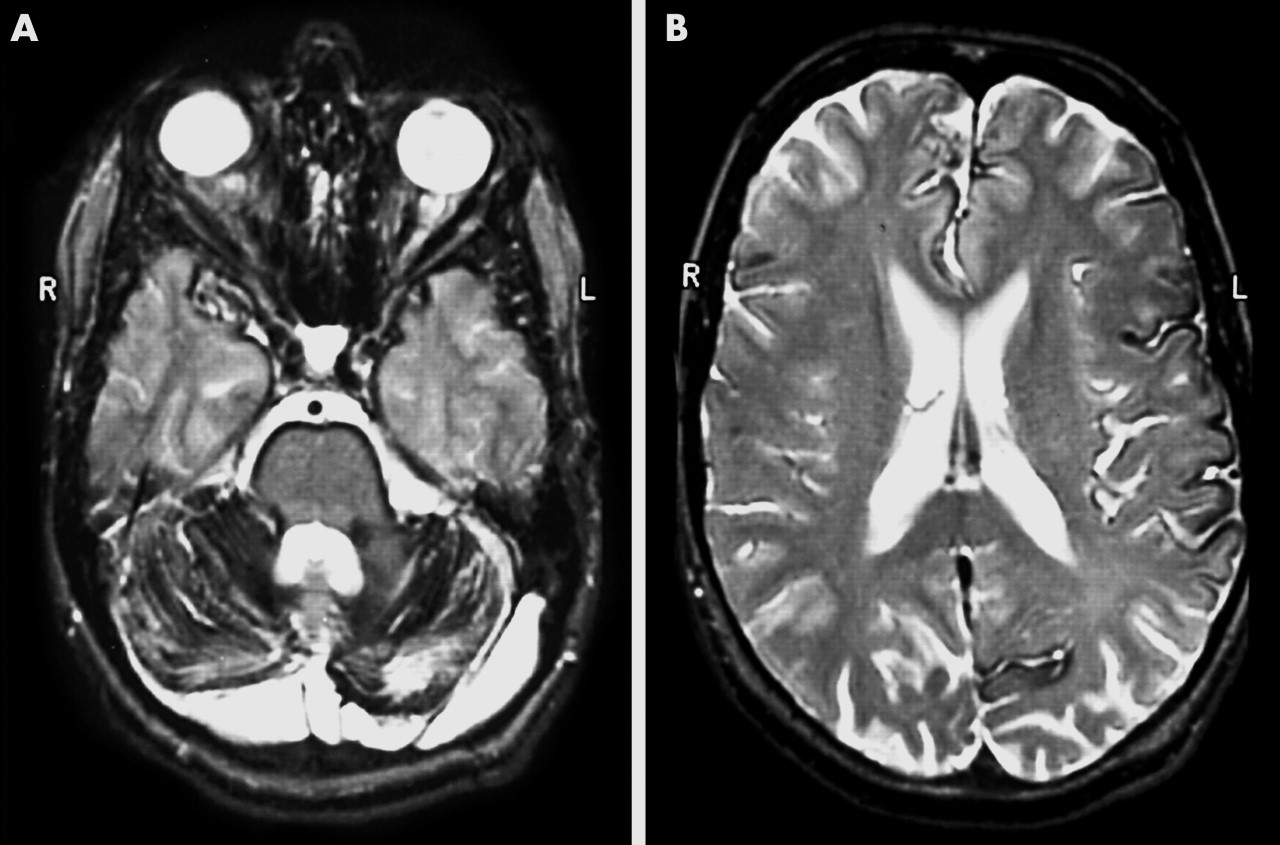
Olivopontocerebellar Atrophy Deafness is a rare, progressive neurological disorder that affects coordination, balance, and hearing. This condition, often abbreviated as OPCA, involves the degeneration of specific brain regions like the cerebellum, pons, and inferior olives. Symptoms usually start in adulthood and can include difficulty walking, tremors, and hearing loss. Genetic mutations are often the culprits behind this disorder, making it a hereditary condition in many cases. Diagnosis typically involves a combination of clinical evaluations, imaging studies, and genetic testing. While there is no cure, treatments focus on managing symptoms and improving quality of life. Understanding OPCA is crucial for those affected and their families, as it helps in navigating the challenges posed by this complex condition.
Key Takeaways:
- Olivopontocerebellar Atrophy (OPCA) is a rare neurological disorder that can cause deafness. It worsens over time and has no cure, but treatments like physical therapy and hearing aids can help improve quality of life.
- Early diagnosis and intervention are crucial for managing OPCA symptoms effectively. Patients and their families can benefit from support groups, genetic counseling, and a multidisciplinary healthcare approach.
Understanding Olivopontocerebellar Atrophy Deafness
Olivopontocerebellar Atrophy (OPCA) is a rare, progressive neurological disorder. It affects the brain's cerebellum, pons, and inferior olives. Deafness can be a significant symptom of this condition. Here are some crucial facts about OPCA and its association with deafness.
-
OPCA is a type of ataxia: Ataxia refers to a group of disorders that affect coordination, balance, and speech. OPCA specifically impacts the cerebellum, leading to these symptoms.
-
Genetic origins: OPCA can be inherited. Mutations in specific genes, such as the ATXN1, ATXN2, and ATXN3, are often responsible.
-
Progressive nature: Symptoms of OPCA worsen over time. This progression can vary from person to person, but it generally leads to severe disability.
-
Early symptoms: Initial signs include difficulty with balance and coordination. Patients might also experience tremors and muscle stiffness.
-
Speech difficulties: As the disease progresses, speech becomes slurred and slow. This condition is known as dysarthria.
-
Eye movement problems: OPCA can cause nystagmus, which is rapid, involuntary eye movement. This can affect vision and coordination.
-
Hearing loss: Deafness in OPCA patients can be due to damage in the brain regions responsible for processing sound.
-
Diagnosis through MRI: Magnetic Resonance Imaging (MRI) is often used to diagnose OPCA. It can reveal atrophy in the cerebellum and other affected areas.
-
No cure: Currently, there is no cure for OPCA. Treatment focuses on managing symptoms and improving quality of life.
-
Physical therapy: Regular physical therapy can help maintain mobility and reduce the risk of falls.
-
Speech therapy: Speech therapy can assist with communication difficulties, helping patients maintain their ability to speak clearly.
-
Hearing aids: For those experiencing hearing loss, hearing aids can be beneficial. They amplify sound, making it easier to hear.
-
Genetic counseling: Families with a history of OPCA may benefit from genetic counseling. It provides information about the risks and implications of the disorder.
-
Support groups: Joining support groups can provide emotional support and practical advice for patients and their families.
-
Research is ongoing: Scientists are continuously researching OPCA to better understand its causes and develop potential treatments.
-
Life expectancy: The life expectancy of someone with OPCA varies. Some may live for decades after diagnosis, while others may have a shorter lifespan.
-
Impact on daily life: OPCA can significantly impact daily activities. Simple tasks like walking, eating, and dressing can become challenging.
-
Assistive devices: Devices such as walkers, wheelchairs, and adaptive utensils can help patients maintain independence.
-
Nutritional support: A balanced diet and nutritional support can help manage symptoms and maintain overall health.
-
Mental health: Living with OPCA can be emotionally challenging. Mental health support is crucial for patients and their families.
-
Sleep disturbances: Many OPCA patients experience sleep problems, including insomnia and restless leg syndrome.
-
Autonomic dysfunction: Some patients may have issues with autonomic functions, such as blood pressure regulation and bladder control.
-
Family history: A family history of OPCA increases the likelihood of developing the disorder. However, spontaneous mutations can also occur.
-
Early intervention: Early diagnosis and intervention can help manage symptoms more effectively and improve quality of life.
-
Multidisciplinary approach: Managing OPCA often requires a team of healthcare professionals, including neurologists, physical therapists, and audiologists.
Final Thoughts on Olivopontocerebellar Atrophy Deafness
Understanding Olivopontocerebellar Atrophy Deafness can be challenging, but knowing the facts helps. This rare condition affects the brain and hearing, leading to serious health issues. Early diagnosis and treatment are crucial for managing symptoms and improving quality of life. Support from healthcare professionals, family, and friends makes a big difference. Staying informed about the latest research and treatments is essential. Remember, you're not alone in this journey. Many resources and communities are available to offer support and information. Keep asking questions, seeking help, and advocating for yourself or your loved ones. Knowledge is power, and staying educated about OPCA Deafness can make a significant impact.
Frequently Asked Questions
Was this page helpful?
Our commitment to delivering trustworthy and engaging content is at the heart of what we do. Each fact on our site is contributed by real users like you, bringing a wealth of diverse insights and information. To ensure the highest standards of accuracy and reliability, our dedicated editors meticulously review each submission. This process guarantees that the facts we share are not only fascinating but also credible. Trust in our commitment to quality and authenticity as you explore and learn with us.
